The 12th Parliamentary Election Through the Lens of Foreign News Agencies
Staff Desk
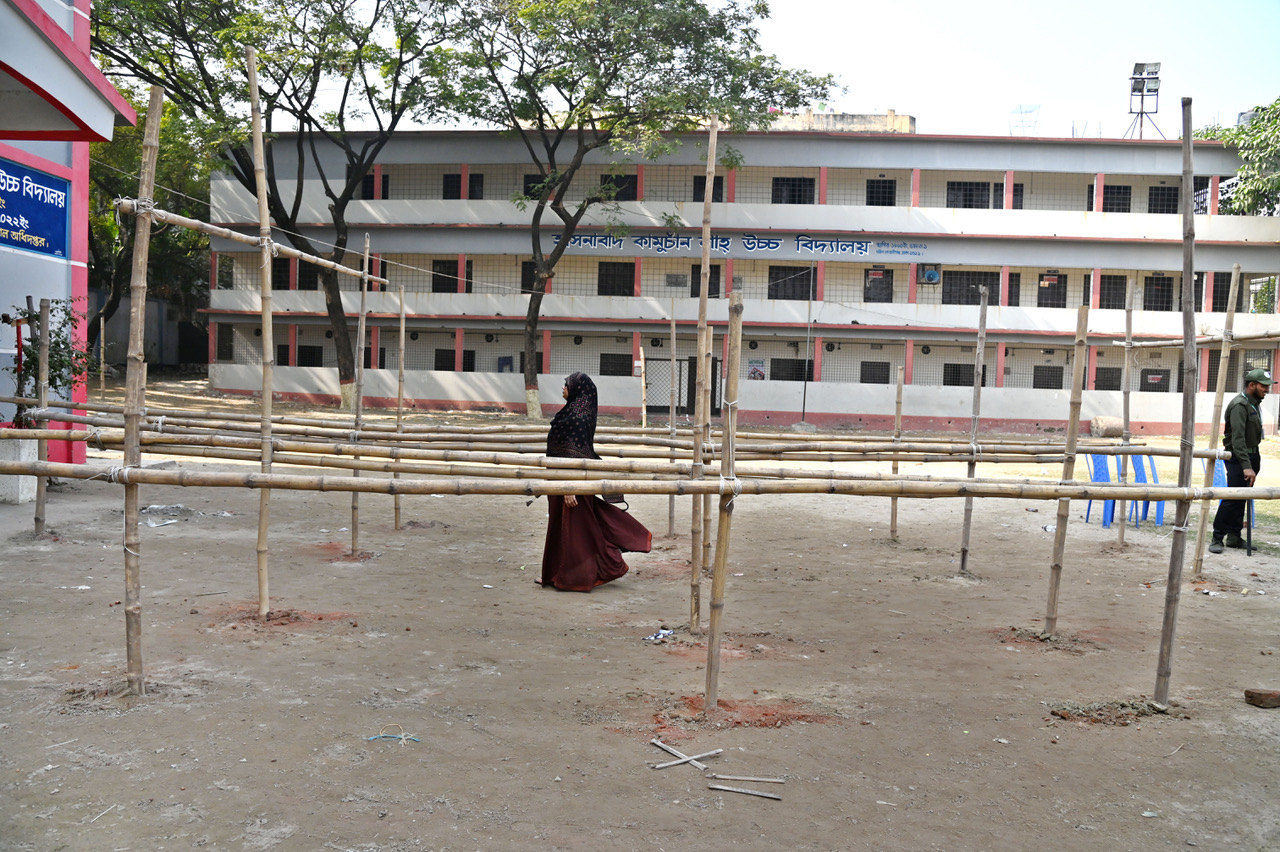
The ruling Awami League won 223 out of 298 seats in the 12th Parliamentary Election that took place on January 7th. The Jatiyo Sangshad was set to expire on 29th January so in accordance with the constitution that states that elections must take place within a 90 day period before expiration, the 2024 general election took place. The main opposition party, the Bangladesh Nationalist Party, boycotted the election and cited that the election commission under the incumbent government would be incapable of organizing a free and fair election. The recent victory secured Sheikh Hasina her fifth consecutive term as Prime Minister and retained her title as the world’s longest-serving female head of government.
The previous general election was held on 30th December, 2018 and resulted in a similar landslide victory for Awami League. However there were several reported cases of violence against opposition candidates leading up to the election and widespread allegations of vote rigging and ballot box stuffing. Leading up to the election in 2024, thousands of opposition supporters rallied in Dhaka protesting the government and demanded Prime Minister Sheikh Hasina to step down. The protests were centered on inflation, price gouging, alleged corruption and democratic backsliding. The protesters stated that there would be no opportunity for a free and fair 12th Jatiyo Sangshad Election as long as current Awami League government was in control. They demanded that a neutral caretaker government be formed to oversee the new election. Supporters of BNP also said that Khaleda Zia’s conviction in 2018 was politically motivated.
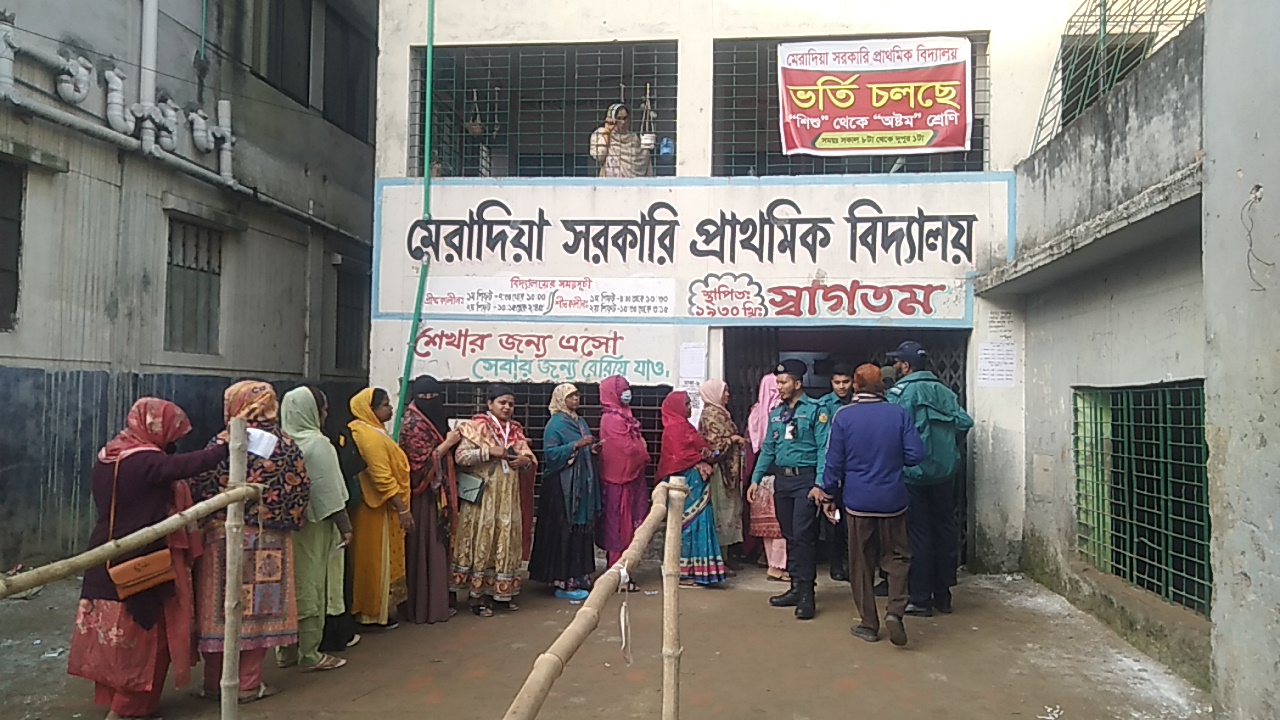
The 2014 general election was also considered to be illegitimate as almost every major opposition party boycotted the election amidst severe government crackdown. Previous parliamentary elections in 1996, 2001 and 2008 took place under a caretaker government, which were considered free and fair by both local and foreign observers. The 2024 general election was also observed and reported by multiple international news agencies.
The British Broadcasting Corporation (BBC) published several articles and reports on events leading up to and after the 12th Parliamentary Election. On January 1st, they posted an article on their website calling the then future election as a “one woman show” as the main opposition party had already boycotted the polls. The opposition party called on the incumbent head of government Sheikh Hasina to step down and allow the election to be held under a neutral interim government.
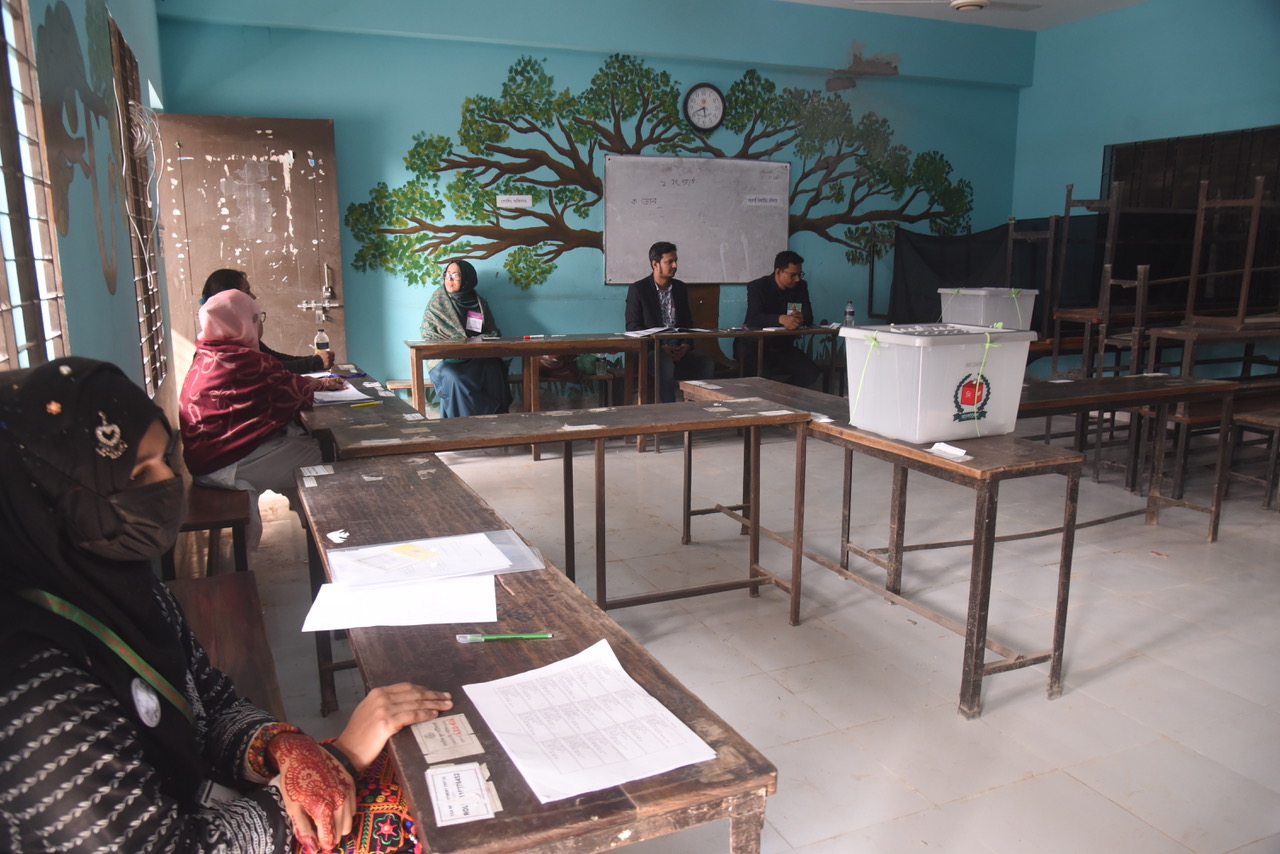
“Democracy is dead in Bangladesh. What we are going to see in January is a fake election,” Abdul Moyeen Khan, a senior BNP leader, told the BBC. His concerns mirror those who believe that the current government of Bangladesh has grown increasingly autocratic. According to Mr. Khan, more than 20,000 BNP supporters have been arrested on “fictitious and concocted charges”. Minister Anisul Huq told the BBC that the numbers are heavily exaggerated and that only 10,000 supporters were arrested and only for violent cases that took place during the 2001 and 2014 election.
However, Human Rights Watch reported that politically motivated arrests, extrajudicial killings and other human rights abuses have risen during the tenure of Prime Minister Sheikh Hasina. Over 5,500 people have been wounded in violent clashes with law enforcement. 16 people lost their lives during the anti-government rally on October 28th. “The government is claiming to commit to free and fair elections with diplomatic partners while the state authorities are simultaneously filling prisons with the ruling Awami League’s political opponents,” said Julia Bleckner, senior Asia researcher at Human Rights Watch. “Diplomatic partners should make clear that the government’s autocratic crackdown will jeopardize future economic cooperation.
Based on interviews with 13 witnesses and analysis of videos and police reports, Human Rights Watch found evidence that security forces are responsible for using excessive force, mass arbitrary arrests, enforced disappearances, torture, and extrajudicial killings against individuals connected with the opposition party.
On January 6th, the BBC posted an interview they conducted with the widow of a well-known BNP worker. The woman wished to remain nameless. She said that her husband had been arrested a year before the general election. 28 days after his arrest, her son received a call from police who said his father had died from “natural causes”. When she saw her husband’s body, she noticed several strange markings all over his face and hands. She believes that her husband was tortured in custody and eventually died from his wounds.
Al Jazeera published reports about the election as well. In one such article, the Prime Minister was dubbed the “high priestess of Bangladesh’s dynastic democracy” (an admittedly apt moniker). Due to the boycott of the main opposition party, AL victory was ensured entirely. PM Sheikh Hasina stated that the boycott of one party is not a sign of an “absent democracy”. In spite of her words, officials have reported that only 40 percent of voters actually went to the polls. But media reports and analysts suggest that the real figure is likely less than 30 percent.
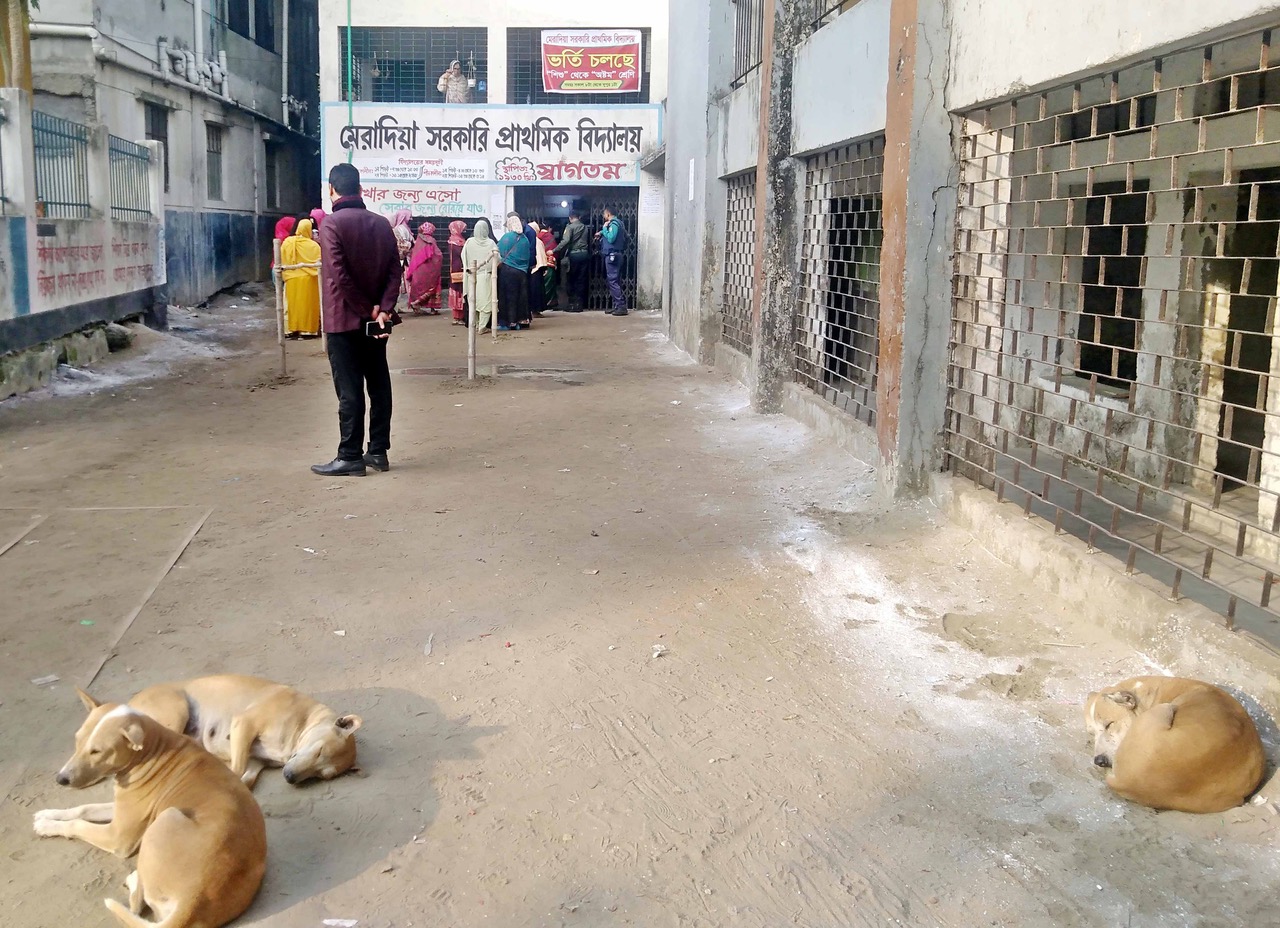
The results of the election was deemed a bad omen by a number of people. Zahed Ur Rahman, a political activist told Al Jazeera that Bangladesh had experienced a “severe blow to its core and structure” during Hasina’s 15-year tenure.
“There is hardly any separation that exists in this country now,” said Rahman, adding that the executive, the legislature and the judiciary are all essentially under the direct control of the prime minister’s office. He added that even the Election Commission have become extensions of the regime. Al Jazeera also spoke with Asif Nazrul, professor of law at Dhaka University. The professor said that Bangladesh is already “an authoritarian state” in all senses of the term. “All important institutions have been compromised to keep Hasina in power, and the way that has been done indicates the country’s transformation towards an authoritarian state,” he said.
Tags: Bangladesh Election
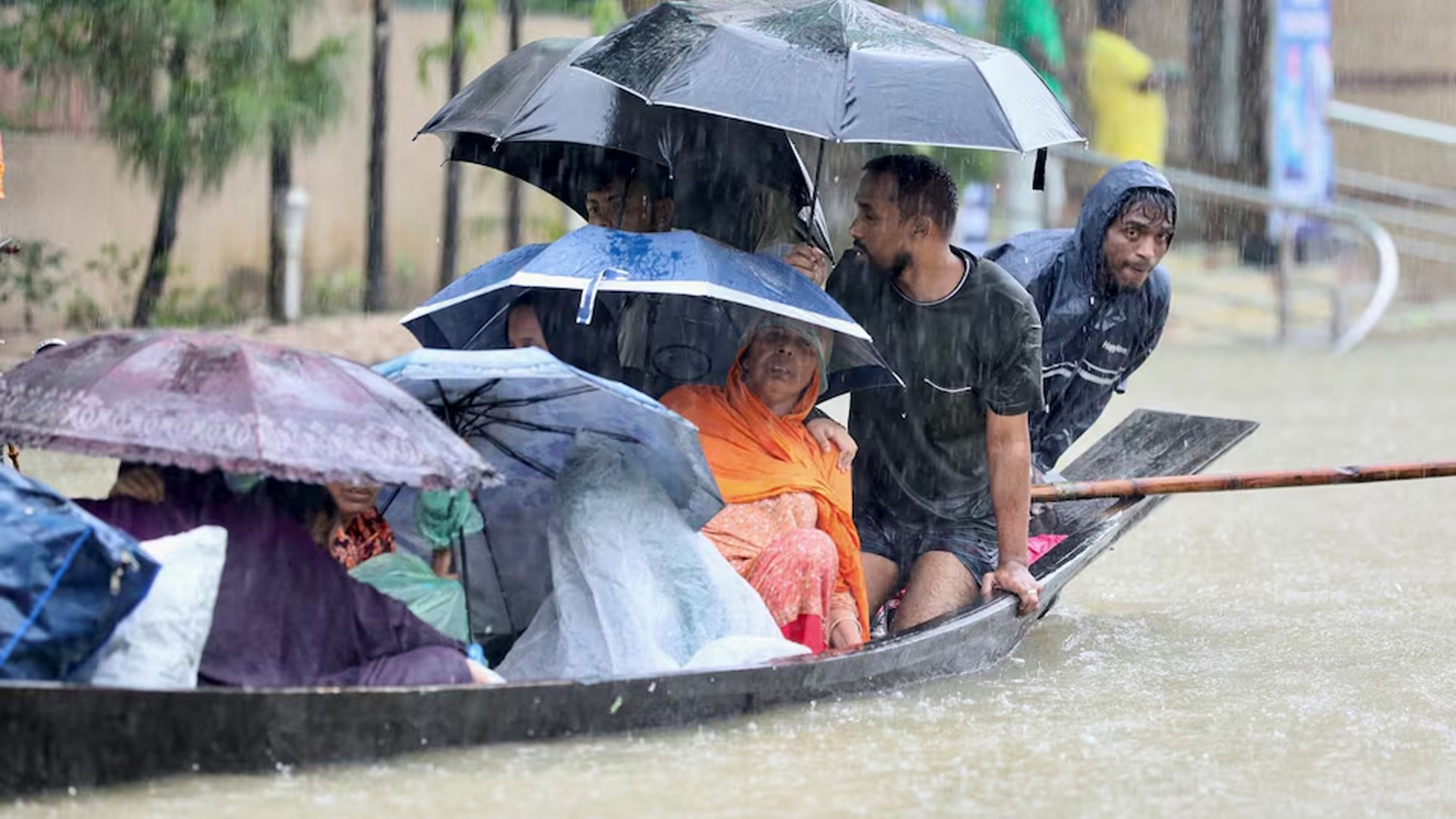
![Anjir Liton, former DG of Bangladesh Shishu Academy [Image collected]](/post-images/20240822-shishu-academy.jpg)
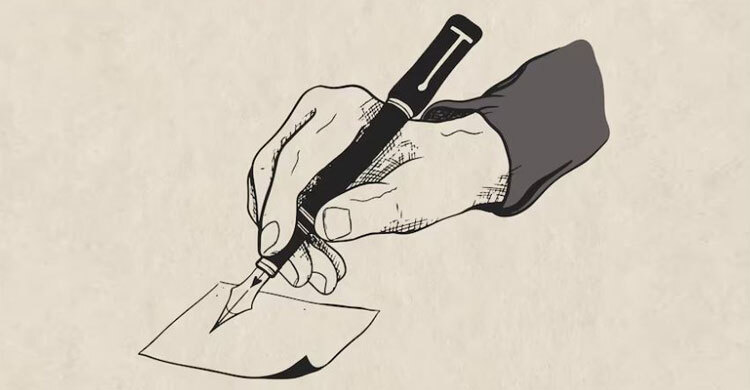
![Henry A. Kissinger in 1979 [Neil Leifer/Sports Illustrated, via Getty Images]](/post-images/20231130-kissinger.jpg)
![Professor Abdul Basir, a faculty member in the Department of Islamic History and Culture at DU | Professor Nisar Hossain, Dean of the Faculty of Fine Arts [Image collected]](/post-images/20240822-du.jpg)